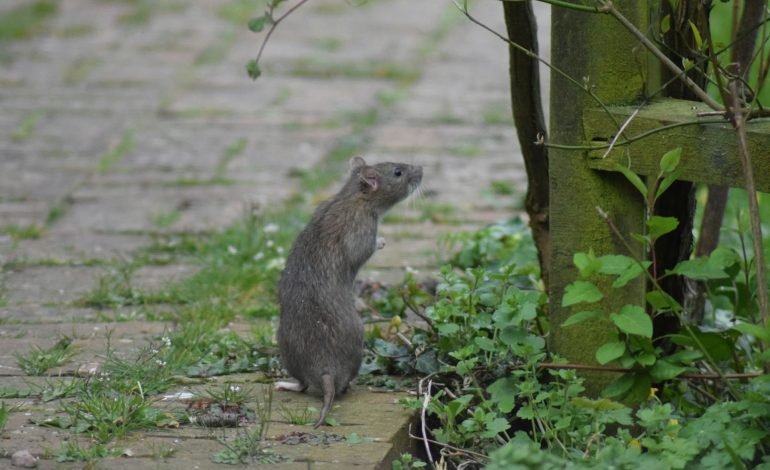Orcas May Be Trying to Connect with Humans, Say Researchers

Something unexpected is happening out at sea as wild orcas appear to be handing fish to humans, and scientists are now trying to make sense of it.
New research has documented 34 separate encounters, spanning over 20 years and multiple oceans, in which orcas approached people and offered food. From the shores of Norway to the waters around New Zealand, researchers noted the same behaviour: killer whales presenting fish, rays, or cephalopods to swimmers, boaters, or even people standing on the shore.
While it’s not uncommon to see animals share food among their own species, particularly in social mammals, this behaviour directed at humans is rare. What makes these moments especially interesting is that in nearly every case, the orca waited to observe how the human would respond. Some even repeated the gesture after being turned down.
For anyone used to seeing orcas only in wildlife documentaries or coastal waters off Scotland, the idea of one actively trying to communicate through the sharing of food might seem far-fetched. But for marine biologists studying social bonds in these intelligent mammals, the findings point to a deeper curiosity. As one of the study’s authors put it, the whales’ actions might reflect learned cultural behaviours or even an attempt to forge relationships.
The whales weren’t being fed or prompted. According to the study, in all 34 interactions, the humans did not closely approach the whales first. The orcas took the initiative, swimming over and dropping food in front of them. On 11 occasions, the humans were in the water; most others were on boats or standing on nearby shores.
The researchers behind the study, who work across Canada, New Zealand and Mexico, believe these incidents could reflect more than just social habits. They suggest the whales may be practising play or testing new ways of interacting with their environment, and that includes us.
The study, published in the Journal of Comparative Psychology, outlines how food sharing plays an important role in orca communities. Now it seems that role could extend across species. You can read more about the research behind these encounters on the American Psychological Association’s website.
With orcas frequently spotted off the coastlines of the UK, particularly in Scotland’s northern waters, this kind of behaviour gives us one more reason to look at marine life with greater curiosity and care. It’s a reminder that some of the most intelligent animals on Earth might be reaching out in ways we’ve only just begun to understand.
For more updates on wildlife behaviour and stories that change how we see the natural world, visit EyeOnLondon. We’d love to hear your thoughts in the comments.
Follow us on:
Subscribe to our YouTube channel for the latest videos and updates!
We value your thoughts! Share your feedback and help us make EyeOnLondon even better!









